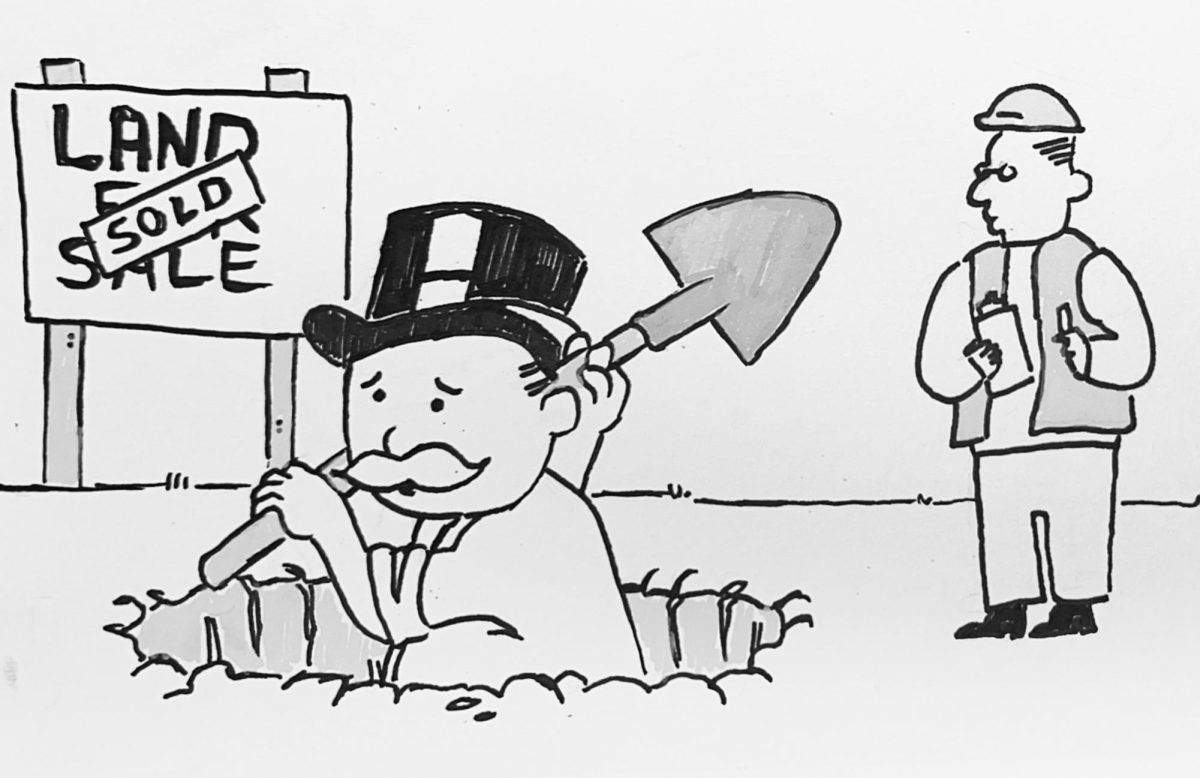by Ari van Schilfgaarde
WHITMAN COLLEGE PIONEER
George Packer’s “The Assassin’s Gate” is a wonderfully crafted and insightful look at the Iraq War from its idealistic beginnings. What makes this book so relevant and insightful is the great care that Packer takes to analyze issues with depth and sensitivity.
As opposed to many in the popular media, Packer takes care to trace the origins of neoconservative who eventually came to form Bush’s Iraq War planning group were all coming from the same ideology who looked back at America’s foreign policy since 1970 and saw a consistent thread of timidity. This, argued the neoconservatives, is a betrayal of America’s values as a nation and its practical foreign policy goals.
The advent of the second Bush and his black-and-white views of the world and messianic view of American power gave the neoconservatives, with three decades of policy proposals and the rhetoric and views to match the new President, an opportunity to test the might of their theoretical discussion with the full backing of the American military.
Packer masterfully paints a picture of the early war as an intellectual exercise mugged by the reality of a country that no one had bothered to study. As tacticians, the Secretary of Defense Donald Rumsfeld and his deputy Paul Wolfowitz brilliantly planned the first phases of the invasion, but then when it came time to plan for the reconstruction completely ignored the issue.
Packer describes the bureaucratic infighting between the White House and the Coalition Provisional Authority that created second, shadow planning groups within the executive branch. He describes in vivid detail how these other groups kept the people in the reconstruction portion completely away from any sort of decision-making ability. It is this sort of clear and incisive analysis that makes this book such a wonderful read.
With the intellectual history of the Iraq war and its practical implications effectively woven throughout the first section of the book, Packer turns to the real substance of his reporting: his experiences during the early parts of the Iraq reconstruction. Here and in the ensuing sections describing the development of the insurgency from the muddled dreams of idealism that came with the fall of Saddam Hussein, Packer shines as both a reporter and an author.
Although he inserts himself and his voice periodically throughout the book, never once does there seem to be the rancor and hysteria that so often accompanies such editorializing. In fact, his addition of his own struggles is a welcome humanizing note that leaves the reader better able to empathize with a completely foreign world.
Through Packer’s broad number of contacts within not only the American diplomatic and reconstruction corps but also myriad Iraqis, we are left reading anecdote and after anecdote of the gathering tangle of inefficient leadership and the desperate attempts of the people affected to sort it out.
George Packer’s unique contribution to the growing body of literature surrounding the Iraq War is his ability to lead the reader through a complicated web of ideology and political theory and then accurately express the implications on the ground without once attacking the very idealism that brought us the war.
Packer manages to show the quintessential problem that the Bush Administration found in Iraq. By removing itself from the detailed work of rebuilding a fractured and unstable government and “leading” by demanding ideologically acceptable progress reports, the neoconservatives in Washington were assured that the theory which guided America’s involvement in Iraq was bound to fail.
“The Assassin’s Gate” is a detailed and careful history of the first few years after the fall of Saddam and disintegration of hope that accompanied the possibility of a free and democratic fully functioning Iraqi state.
Throughout this triumph of a book, Packer deftly weaves personal narrative, actual reporting and political theory to show the beginnings of the current debacle, its ferment in vacuum of leadership in the country and its eventual distribution across the country in the wave of violence that now sloshes throughout the country. As with the best history lessons, Packer shows us not only what we did wrong, but also what we could realistically do better.








